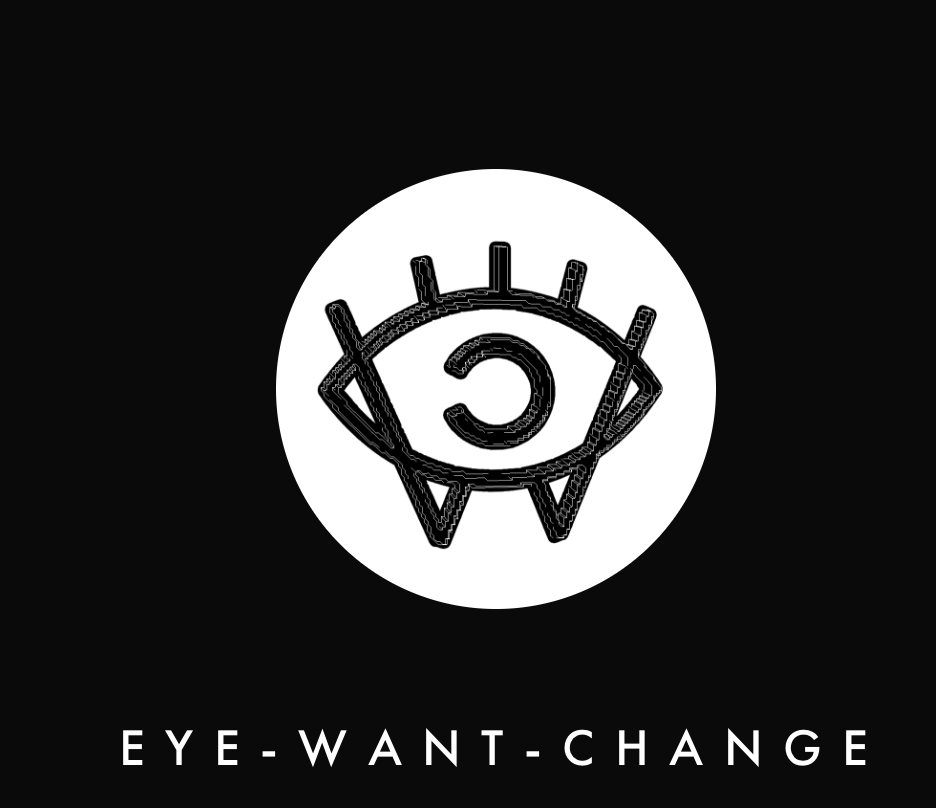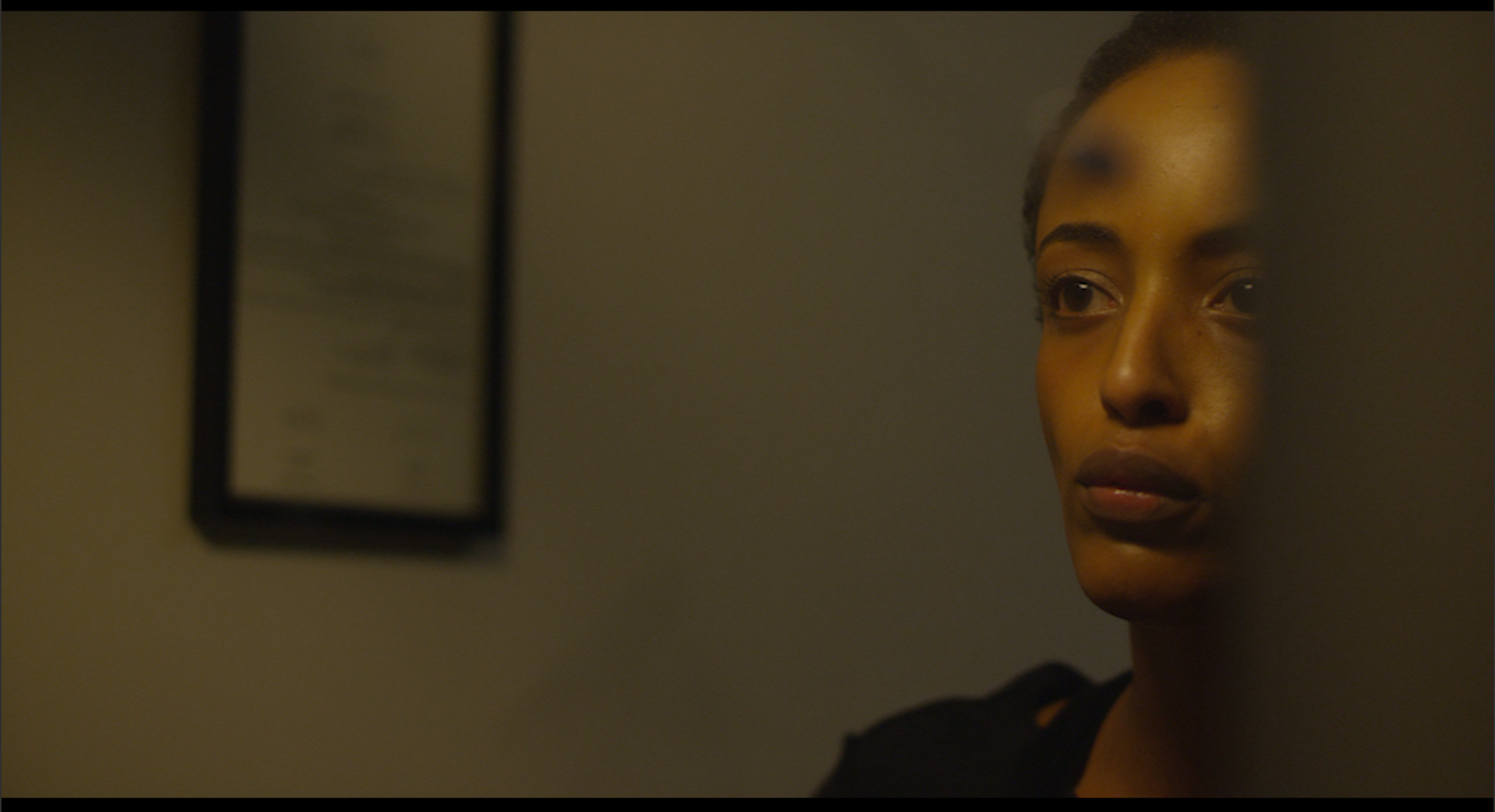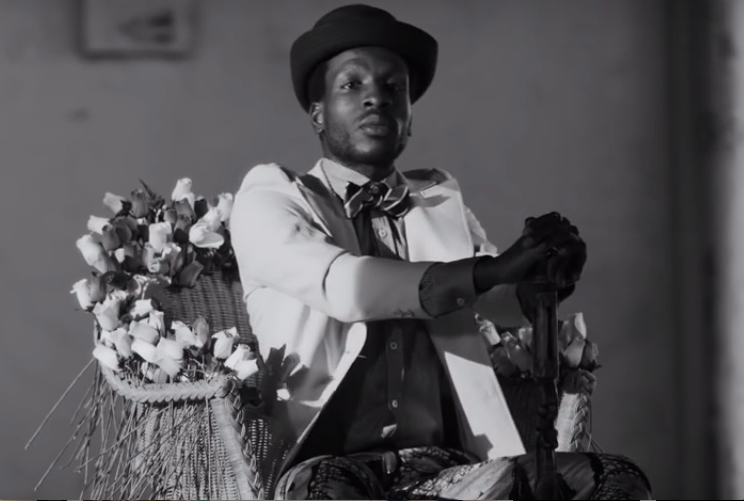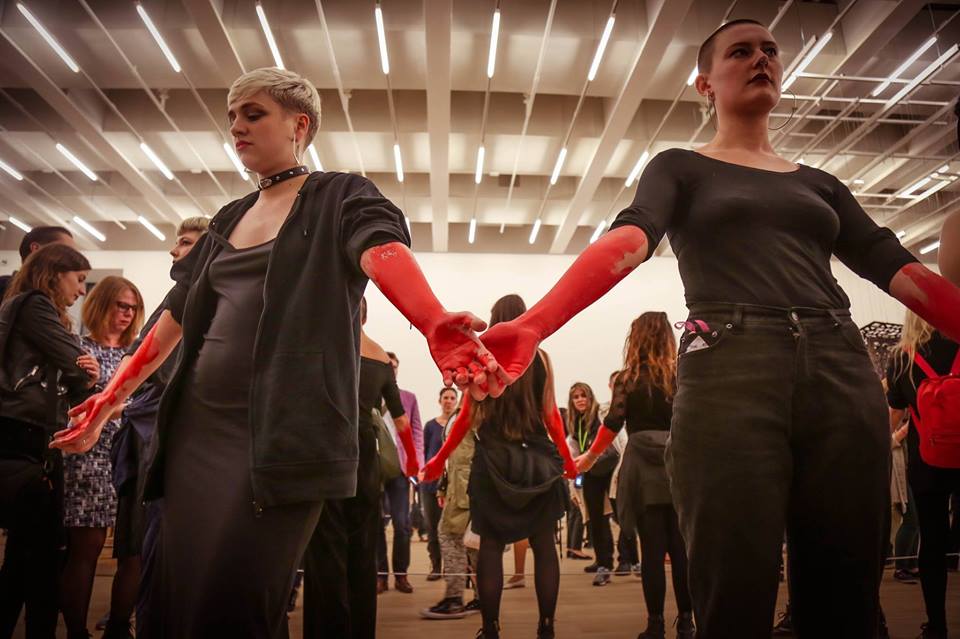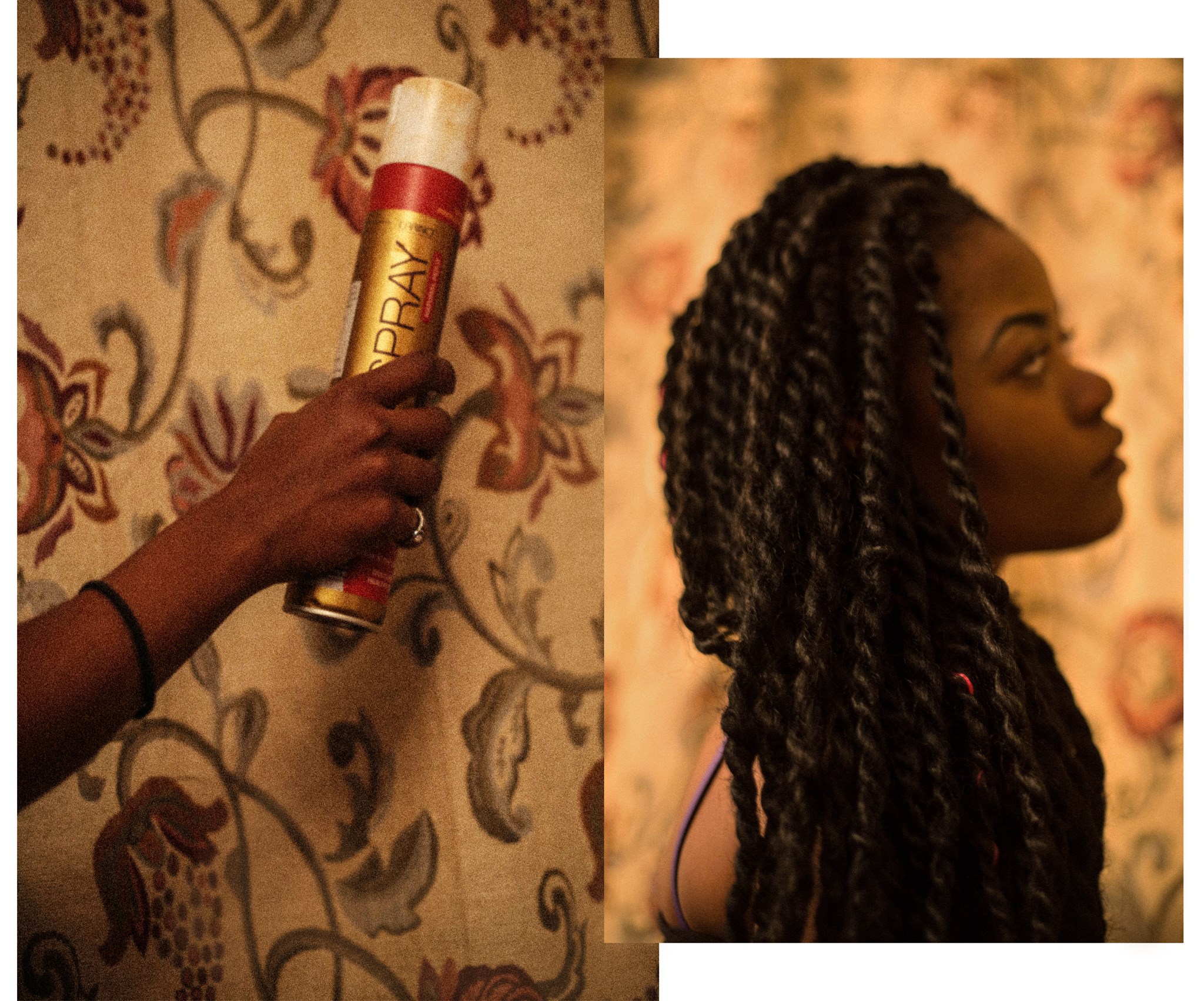
Eye Want Change: the international smartphone filmmaking competition
Laura Kirwan-Ashman
06 Feb 2017
The creative industries, and in particular the world of film and television, can often feel like a shadowy, secret palace with towering locked gates where the only way to gain entry is through nepotism, money, and specialist training. Whether that be having the right contacts to reach out to, the financial capacity to shell out tens of thousands on courses, to do what feels like endless unpaid internships, or taking on work that only pays in so-called “exposure”, the end result is always the same. Our creative industries are suffering from a homogenisation whereby only certain types of people are granted entry and given the chance to shape the media we consume on a daily basis.
For anyone who isn’t white, cishet, male and able-bodied, these industries can feel even more intimidating and unwelcoming when lack of relatable representation in front of and behind the camera abounds on top of everything else.
Eye Want Change is one organisation that is trying to shake up the status quo. They aim “to design a space where creativity and passionate storytelling is placed above formal education, access to equipment, large budgets and technical expertise”, thus enabling people to tell their own stories, tackle elitism in the film industry, and democratise the entire creative process from concept to exhibition. EWC’s main event is an international filmmaking competition where submissions must be shot on a smartphone, webcam or tablet, and where each film must relate to a social issue. They have also collaborated with the ICA’s Stop Play Record Programme, the BFI Future Film Festival, and the Tate to run smartphone filmmaking workshops and curate smartphone film programmes.
gal-dem caught up with Jade Jackman and Emma Barnaby from Eye Want Change to find out more.
gal-dem: what inspired you guys to start Eye Want Change?
Jade Jackman: Together, we were running a society between universities that combined arts and human rights. After screening lots of other people’s films, we wanted to make something more, and encourage others to do the same.
Your work as a filmmaker focuses on documentaries about marginalised communities, why is this so important to you?
JJ: I’m attracted to rebels and stories of resistance. I love people who want more from life and I see this as a positive, rather than how society saturated with anti-immigrant rhetoric sees it. For example, my grandma loved dancing and wanted to leave her small town in Malaysia and follow her feet to dance. Indoctrinated by Hollywood, she fell in love with a shitty white man and ended up with nothing except racism and being abandoned in the UK. For some, she is the stereotype of an Asian woman who wanted to marry a white to come to Europe. To me, she dared to move and feel the force of the world.
To some degree, I think telling those kind of stories in my blood. It isn’t about being marginalised, but rather about having a strong spirit that won’t be stopped. Now, it is more important to me than ever because anti-immigration and racism is unfurling its hand across the world. As a journalist, filmmaker and someone of social ‘privilege’, I need my work to fight and speak in the hope that it speaks to people in new ways. And, if it doesn’t, at least they can’t claim to be ignorant. They can’t say they didn’t know.
How has your personal journey as a filmmaker informed the vision for EWC?
JJ: When I first started out, I was really nervous and I still am. I always think my own work is terrible and I’m extremely self-critical. So for me, it was important to develop a platform where people could experiment with their work and give it a go. Also, I am painfully aware of how mainstream festivals and competitions, such as the Oscars and BAFTAS, keep awarding and celebrating the same talent. With EWC we want to keep celebrating a mixture of voices and new ideas. Creativity doesn’t belong to anyone so I fail to see how audiences are happy to keep consuming the same white, 2-D, and frankly boring narratives.
Why do you think that the DIY approach is so appealing to Generation Y?
JJ: We are fed up. We don’t own houses, we can’t afford rail-fares and forget buying that new camera. Despite these material challenges, we know more than ever. The internet connects us and educates those who want to open their eyes and ears. So, I think, we have that energy to use our hands and take back spaces that belong to us too. Because we even have to pay for our universities, we know that nobody is going to be giving us anything for free. We can’t wait, we have to come together and make shit.
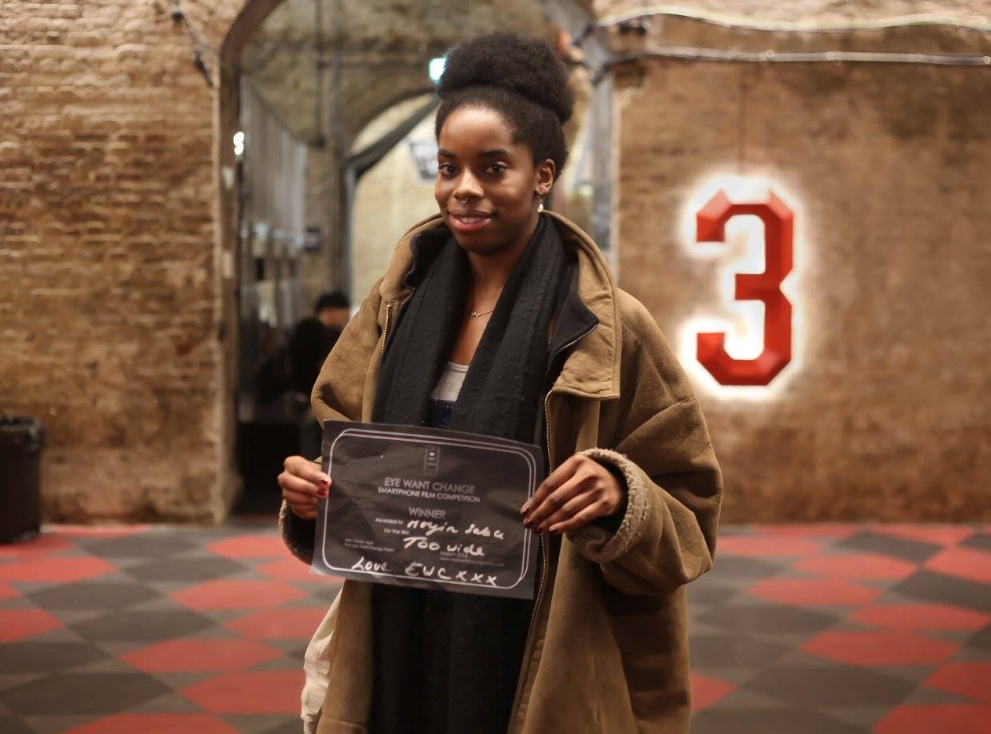
Moyin Saka, last year’s EWC winner
What up and coming filmmakers are you excited about, in particular woc?
JJ: I’m biased (she is one of my closest and dearest) but I’m looking forward to seeing more of Nadira Amrani’s work. Whilst I fuse reality and art together, she creates from the soul and brings a beautiful, innovative mix of cultures to fiction and music videos. I love the work that the BBZ’s team is producing and I really enjoyed Tiffany Chan’s tiger balm animation at [gal-dem’s Friday Late at the] Victoria and Albert, it reminded me so much of my grandma and my mum. Another amazing woman to look out for is Phoebe Boswell; I allowed her to draw and animate my naked body for an amazing piece which was exhibited in Geneva. She is also an animator and been nominated for some pretty big awards this year and has the best spirit in the world.
Are there any particular success stories about previous participants in EWC?
EMMA BARNABY: Raheela Suleman initially submitted a short film “Alien” to an open call for a digital space curated by us at Tate Britain and went on to enter our competition last year, making it into the top ten. Since then she has started her filmmaking career and last year was one of two artists granted a place on the STOP PLAY RECORD programme – a joint initiative between Arts Council and Channel 4, and partnered with the ICA, that mentors young filmmakers to produce short experimental films.
How do you hope EWC will grow?
EB: Like a tree! As with any organisation, the more people interact with us and know about us, the more we’ll grow. As EWC is mainly educational and nurturing, growth is measured in building connections with other like-minded organisations, collaborating, aiding collaboration, and building useful networks for filmmakers and those interested in social change.
JJ: In November, I had the privilege of going out to Afghanistan to teach some young female journalists there. Started by Amie Ferris-Rotman, Sahar Speaks aims to nurture the voices of Afghan female journalists. I was teaching filmmaking in general, I also saw the confidence that smartphone filmmaking gave these women as some of them had never used a camera before. I’d love to be able to connect EWC with more charities and organisations like this too.
Do you see smartphone filmmaking becoming more prevalent off the back of films like Tangerine (which was made using iPhones, and centres the stories of trans women of colour sexworkers, and is a-mazing)?
EB: I think Tangerine proved that making a high-quality film with a smartphone was something you could actually pull off. Tangerine unlocked the potential for a stylized and cinematic fiction whilst executing a very high-quality image that was almost indistinguishable from industry standard features. Director Sean Baker turned to the smartphone as an antidote to low funds and by using clip on lenses was able to achieve a similar aesthetic to filming on 35mm, so in fact it was never intended to look like a smartphone film. It’s therefore very different from other DIY approaches which really embrace the pitfalls of the smartphone and their functional use in our everyday lives. For example, Dreamstates, which follows the developing relationship between two people touring the US with members of the Afropunk movement. It’s the non-linear, experimental vision of director Anisia Uzeyman, who by placing the camera between the protagonists, produced an inside-perspective that is woven into a tapestry of home-film clips. Uzeyman made the choice to use the smartphone for the way in which many of us do – to document our lives.
What are you working on at the moment?
JJ: I’ve just finished a film that is really important to me in both political and aesthetic terms. Since 2014, I have done voluntary and creative work relating to Yarls Wood detention centre. I wanted to make a different kind of documentary that fuses techniques from art and political issues together. If there is anything to be learnt from the political votes this year it’s that people are bored and disillusioned by the establishment. People feel drawn to social media, music videos and fashion advertising so I want to mix the techniques used by these mediums with stories I care about. As filming in Yarls Wood is illegal, I made phone recordings of interviews with women inside and then we created a set that became an emotional representation of the institution. Then, I collaborated with performance artist Diana Chire to represent the women. I hope the little film will engage with people who may never watch something that political on the news. Then, I’m editing a film I shot in Mexico City about blind photographers…Then after that, I’m doing some fashion films and currently on the hunt for my next project!
What advice would you give to people looking to enter EWC?
JJ: Just do it. Be bold and experiment. We ask the judges to look at the quality of the storytelling rather than technical expertise so don’t be put off.

